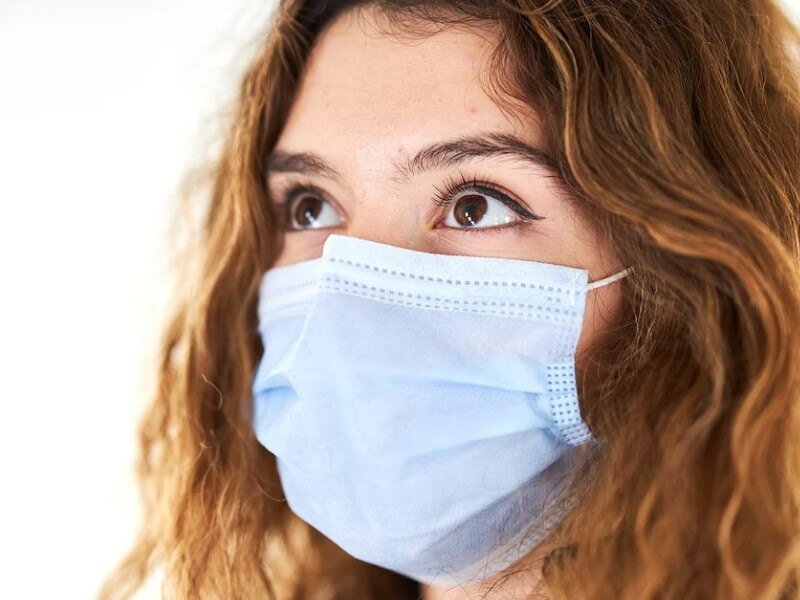The impact of the coronavirus on mental health (part 2 of 2)
May 20, 2022 - Smart TMS

In this second feature our Chief Medical Director, Dr Leigh Neal, looks at the impact of the coronavirus on different groups of people and discusses some of the ways in which mental health has been impacted, not just by the virus but other compounding factors such as the lockdown.

People already suffering from health anxiety and somatoform symptoms (physical symptoms that cannot be explained by an underlaying medical or neurological condition) are likely to find this period particularly difficult to cope with and some will undoubtedly develop chronic physical symptoms despite having no underlying pathological basis. Patients with contamination-related OCD are also likely to see their symptoms markedly exacerbated. People living in cramped, overcrowded conditions with no outside space for long periods are likely to develop psychological problems. Families who have suffered from a bereavement of a loved one from the coronavirus and have not been able to see their relatives in hospital are likely to suffer from long term complicated bereavement reactions with depression.
We know that there have already been higher rates of domestic violence during the lockdown and simmering marital problems are likely to be brought to the surface leading to an increase in the break-up of families and the predicable negative psychological and developmental consequences to the children in those families. Unemployment is also high-risk factor for depression and there have been some forecasts that unemployment will at the very least double in the next 12 months and that assumes the lockdown is not extended any further or does not resume. Financial difficulties link to unemployment are likely to be a big factor increasing rates of depression within the community.
Frontline health workers are known to have a 12 times greater risk than the average person of catching the disease and their exposure to higher doses of the virus may lead to more serious disease and death. Anxiety about this personal risk and the exposure to the daily distress of patients and the number of fatalities, with death rates of 50% or so in intensive care units, together with the fatigue from working long shifts, in personal protective equipment, is likely to lead to psychological difficulties akin to severe warzone stress. We also know from experience with soldiers, subjected to combat stress, that there can be a delayed onset and often people with combat related PTSD do not present for help until many years later. Therefore, the psychological impact of this disease among health care workers may unravel over many years into the future.
That said, there are individuals, groups and whole communities who are trying to make the most of the situation and are taking the time to reconnect. For example, many middle-aged parents whose grown-up children have recently left home to go to university or start careers will probably enjoy having their family back together again and will see this as a positive experience. People who are given a new sense of purpose with community involvement raising money and helping out neighbours are likely to also experience improved mental health.
Our mental health support helpline was set up to try and do our bit to help individuals suffering with increased mental health issues such as depression and anxiety. Our practitioners are available Monday – Friday 9am to 5pm to take calls and book in support sessions. These sessions are free, and our practitioners have been volunteering their time to deliver this service and we’ve already helped many people to manage their symptoms.
If you are currently struggling with your mental health, call our helpline to book up to five free sessions with one of our practitioners for tips and advice to support your mental health. Find out more or call 020 3855 4578 to book your session.
Coronavirus Opening Arrangements
Smart TMS clinics are currently closed due to the ongoing pandemic situation. However, we welcome enquiries from patients who want to learn more about treatment. We can explain all the options and may be able to arrange pre-screening as appropriate in order to fast track clients to start treatment as soon as possible when we can see you in person.










